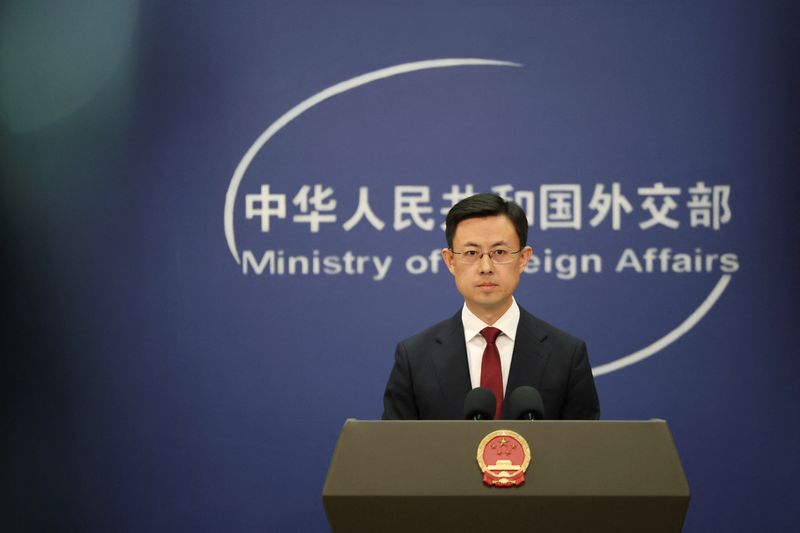
AusBiotech, the national industry body for biotechnology, has expressed strong support for the draft National Health and Medical Research Strategy. This strategy is seen as a pivotal step in advancing Australia’s scientific discoveries and ensuring their translation into global health innovations. The organization has been actively involved with the strategy’s development, working closely with Chair Rosemary Huxtable AO PSM and her team, and continues to engage its 3,000 members in the consultation process.
Rebekah Cassidy, CEO of AusBiotech, emphasized the importance of a robust health and medical research sector as the cornerstone of Australia’s life sciences industry. “For our sector to thrive, it needs a coordinated and well-invested research sector. Without research, there is no pipeline of health innovation, no pipeline of companies, and no ecosystem to sustain them,” Cassidy stated.
Australia’s life sciences industry is already a significant contributor to the economy, comprising nearly 2,900 organizations and supporting one in every 60 jobs. Cassidy highlighted the ambition to grow these numbers, driven by world-class research with a global impact. The draft strategy’s focus on research translation, commercialisation, and clinical trials is particularly welcomed by AusBiotech. The organization also underscores the importance of strengthening sovereign manufacturing, streamlining regulatory pathways, and incentivizing local procurement to enhance supply chain resilience.
Global Innovation Race
“There is a race for innovation globally,” Cassidy remarked. “Especially in health, countries are taking active steps to grow their biotechnology and medical technology industries, to improve wellbeing, while strengthening both economic resilience and health security. Now is the time for Australia to similarly invest, across the entire health innovation pipeline.”
She warned that without urgent action, Australian discoveries and companies on the brink of commercialisation might be acquired by countries more willing to invest. “We are currently leaving enormous opportunities on the table, including benefits to the health and well-being of our people, our economy and our health security,” Cassidy cautioned.
Advocating for a Unified Approach
Throughout 2025, AusBiotech has been a vocal advocate for a unified, whole-of-government approach to the life sciences sector. The organization has pushed for the development of Australia’s first National Life Sciences Strategy to establish clear priorities and address policy gaps. It has also called for the creation of an Australian Life Sciences Council to drive implementation and strengthen collaboration between industry and government, alongside investment in data collection and analysis to spur innovation and inform policy decisions.
AusBiotech stated its commitment to continue working closely with the government and its member network throughout the consultation process and beyond. The organization looks forward to a final strategy that positions Australia to compete on the world stage.
Historical Context and Future Implications
The announcement of the draft strategy comes at a time when global competition in biotechnology and medical technology is intensifying. Historically, Australia’s scientific community has been at the forefront of groundbreaking research, yet the challenge has often been translating these discoveries into commercial successes. This new strategy aims to bridge that gap by providing a cohesive framework for innovation and commercialization.
Experts believe that the successful implementation of this strategy could significantly bolster Australia’s position in the global life sciences market. By fostering a more integrated approach to research and development, Australia could enhance its economic resilience and health security, while also contributing to global health advancements.
As the consultation process continues, stakeholders across the industry are hopeful that the final strategy will address existing challenges and leverage Australia’s strengths in scientific research to drive future growth and innovation.
In conclusion, the draft National Health and Medical Research Strategy represents a promising step forward for Australia’s life sciences sector. With continued collaboration and investment, Australia has the potential to become a leader in global health innovation, benefiting both the economy and public health outcomes.







